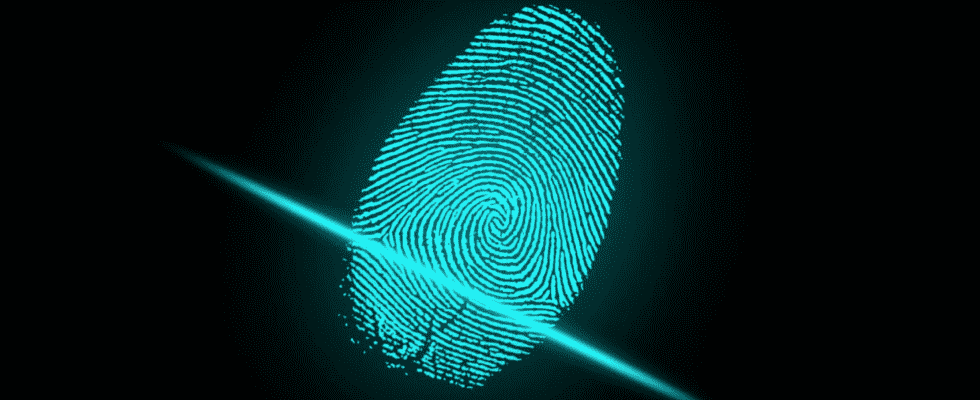In this article, we have discussed the concept of Decentralized Identity (DID), which has come to the fore in decentralized autonomous organization (DAO) projects and has recently started to gain popularity.
Digital identifiers (Digital IDs)are attributes that point to features in an individual’s identity (e.g. passport number in passport, age in ID) that prove an individual’s identity and verify their right to access services or information.
These digital identities, which contain a lot of information such as the age, gender or address of individuals, are usually owned by large companies that manage and analyze this data for marketing and advertising purposes.
Decentralized Identities (DIDs) are digital identifiers that aim to regain control of users’ identities and related attributes.
What is Decentralized Identity?
Decentralized Identities, also known as decentralized identifiers, are digital identities in which individuals’ identifiers are replaced with their own identities stored on the blockchain and associated data is stored on personal devices.
You can create your own DID or have a DID provider create one for you. You can then file a claim against issuers (eg government, school, bank) for verification.
Unlike traditional digital IDs, DIDs are not stored in vendors’ or organizations’ databases. It is therefore less vulnerable to data breaches or theft.
There are many use cases for DIDs, such as enabling trusted and private customer recognition (KYC), paying taxes, and event check-ins.
How do Decentralized Identities work?
For example, if you are signing a rental agreement for a car, you will need to provide the rental company with different documents about your credentials, employment contract and bank credit score. In turn, the rental company must verify this information.
If you have a Decentralized Identity, your wallet will generate unique identifiers of your credentials for which you have a private key. The public key of these identifiers is then published on a blockchain.
You can provide these verifiable decentralized identifiers of your credentials to the rental office, revoke and remove their access at any time.
You may also share certain parts of your data with leasing companies. For example, using a DID, you can only share your income information with the rental office without having to share all your contract details.
In short, Decentralized Identities have 3 aspects:
- Issuers (government, university, company)
- Confirmatory (third parties verifying credentials)
- ID holder
The importance of having Decentralized Identities
Decentralized Identities has been gaining popularity over the past five years for their ability to protect the privacy of users as well as the integrity of data. Decentralized Identity searches on Google have quadrupled since 2017.
1-Data ownership
Today, many of us voluntarily share our personally identifiable information (PII) (e.g. name, age, phone number, etc.) with brands in exchange for easy and personalized experiences.
When you create an Uber account, you provide Uber with your PII, and possibly your credit card information, in exchange for an easy payment method without having to pull cash from your wallet or touch your credit card each time.
Uber stores this data in its databases and uses it to analyze customers’ behavior, detect trends, and generate profits by displaying ads or offering snap quotes.
If Uber were to leverage DIDs to recruit its customers, it would only have access to selected user-disclosed data for recruitment purposes.
2-Data protection
Sharing personal data with businesses increases your exposure to cyber attacks and breaches. At the end of 2021, it was reported that 22 billion private records had been exposed in more than 4,000 publicly disclosed data breaches.
Leveraging DIDs to communicate your personal data with businesses protects your data from being stored in centralized and breachable databases. However, this will hold you responsible for the protection of your data stored on your personal devices.
This provides an opportunity for businesses to ensure compliance with global data privacy regulations while continuing their reliable and verifiable KYC journey.
3. Combined identities
DIDs provide users and businesses with a single version of the truth, as they represent all information about an individual, including their demographics, finances, and social standings. This eliminates the need to create multiple identities for different platforms like we do today.
